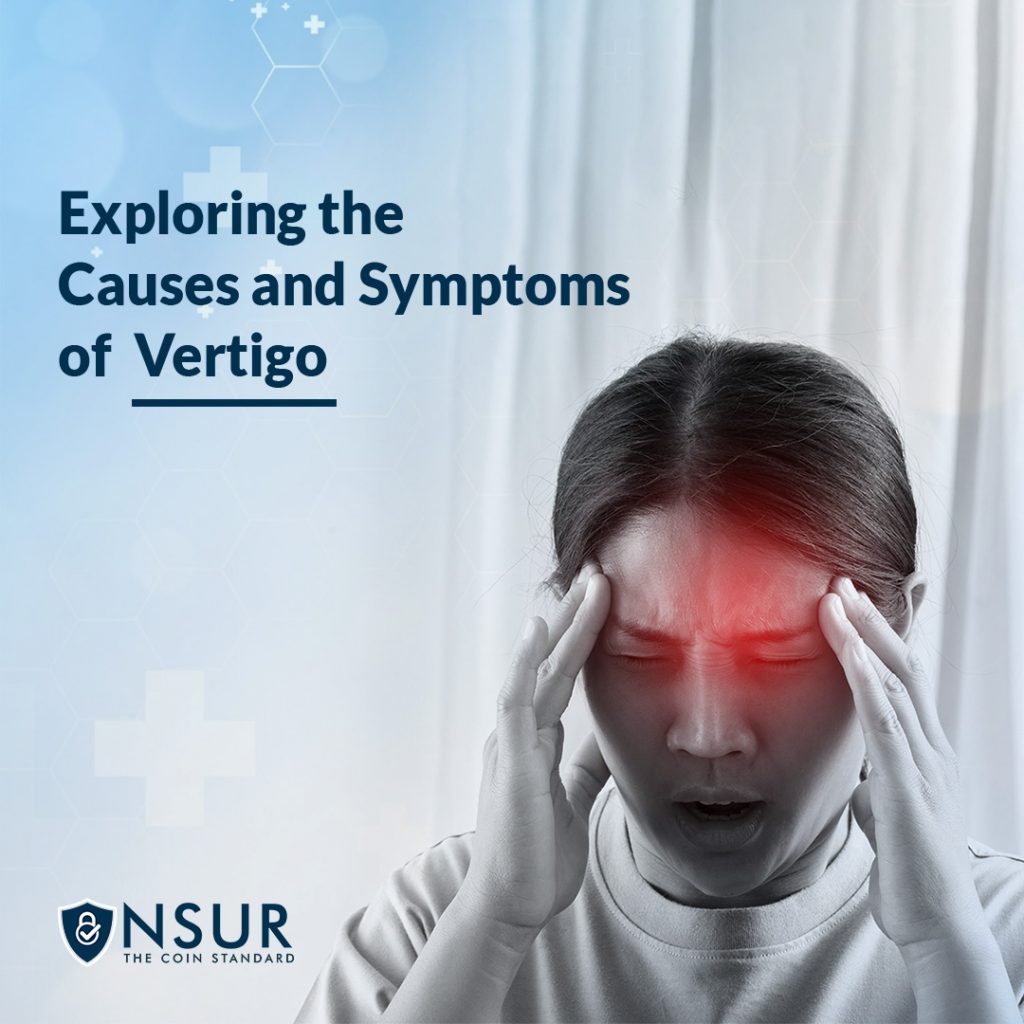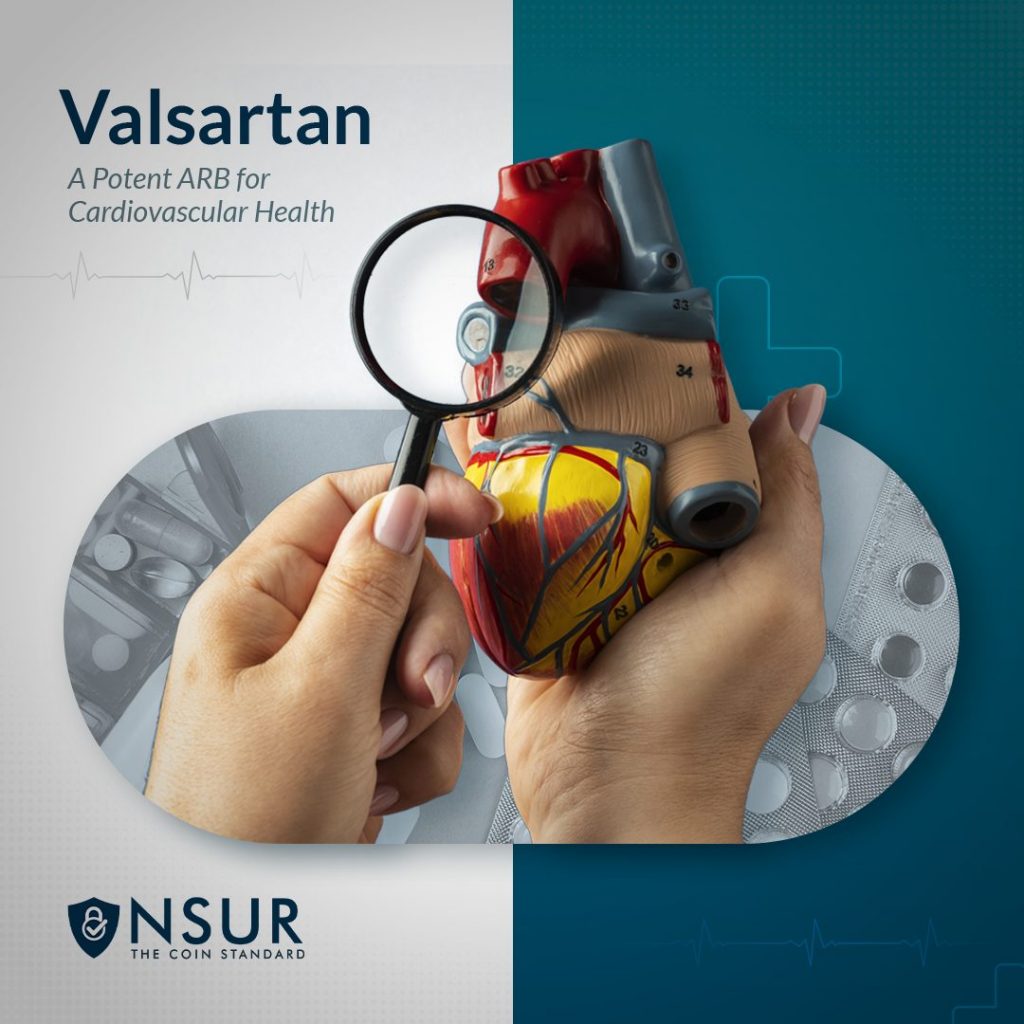
Vertigo, a sensation of feeling off balance, is often associated with a dizzying feeling of spinning, swaying, or tilting. It’s a common condition that can be disconcerting and disruptive to daily life. In thispost, we will delve into the causes and symptoms of vertigo, aiming to provide a comprehensive understanding of this complex condition.
What is Vertigo?
Vertigo is a specific type of dizziness characterized by the illusion of movement. Individuals experiencing vertigo often describe it as feeling like they, or their surroundings, are spinning or moving. It’s important to note that vertigo is a symptom, not a disease in itself. It’s indicative of an underlying condition, usually related to issues in the inner ear or brain.
Causes of Vertigo
Vertigo is primarily caused by conditions that affect the inner ear or brain. Let’s explore some of these conditions:
- Benign paroxysmal positional vertigo (BPPV): This condition occurs when tiny calcium particles clump up in the inner ear. The inner ear sends signals to the brain about head and body movements relative to gravity, and disruptions to these signals can lead to vertigo.
- Meniere’s disease: This is an inner ear disorder caused by a buildup of fluid and changing pressure in the ear that can cause episodes of vertigo along with tinnitus (ringing in the ear) and hearing loss.
- Vestibular neuritis or labyrinthitis: These are inflammation of the inner ear usually caused by a viral infection, resulting in dizziness and loss of balance.
- Migraines: Some people may experience vertigo and other types of dizziness before they have a migraine.
- Certain medications: Some drugs can also cause vertigo.
Symptoms of Vertigo
Vertigo is often triggered by a change in the position of your head. People with vertigo typically feel unbalanced, pulled to one direction, and experience other symptoms such as:
- A feeling of spinning, swaying, tilting, or being pulled in one direction.
- Unsteadiness or a loss of balance.
- Nausea, vomiting, and abnormal eye movements.
- Headaches, sweating, and ringing in the ears or hearing loss.
Symptoms can last a few minutes to a few hours and may come and go.
Conclusion
Vertigo can significantly impact an individual’s life, making routine tasks challenging. If you’re experiencing symptoms of vertigo, it’s crucial to seek medical attention to diagnose the underlying cause and receive appropriate treatment. Remember, vertigo is manageable and treatable, and with the right care, individuals experiencing this condition can lead a normal and healthy life.
Take advantage of NSURx for your prescription drugs!
With the NSURx Prescription Benefit Card, you can save money on your medications at more than 35,000 pharmacies across the United States.
You can save up to 80% on your medication by using an NSURx card. Hundreds of dollars in savings could be yours every time you fill out your prescription.
The more you shop with NSURx, the more NSUR Coins you will receive as a reward.











